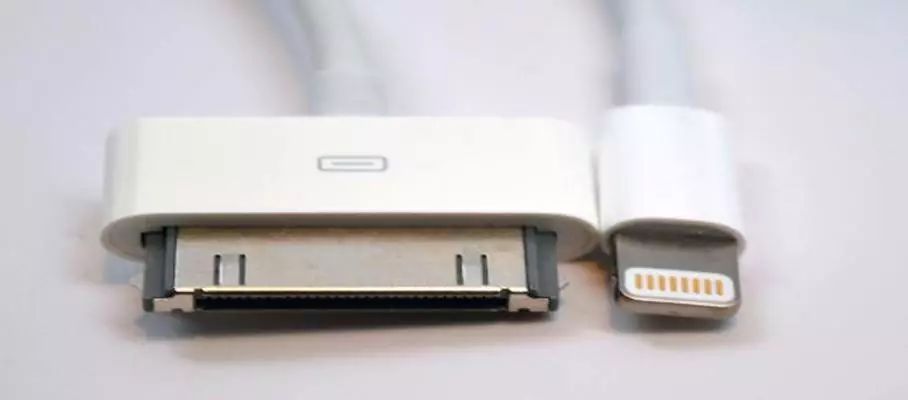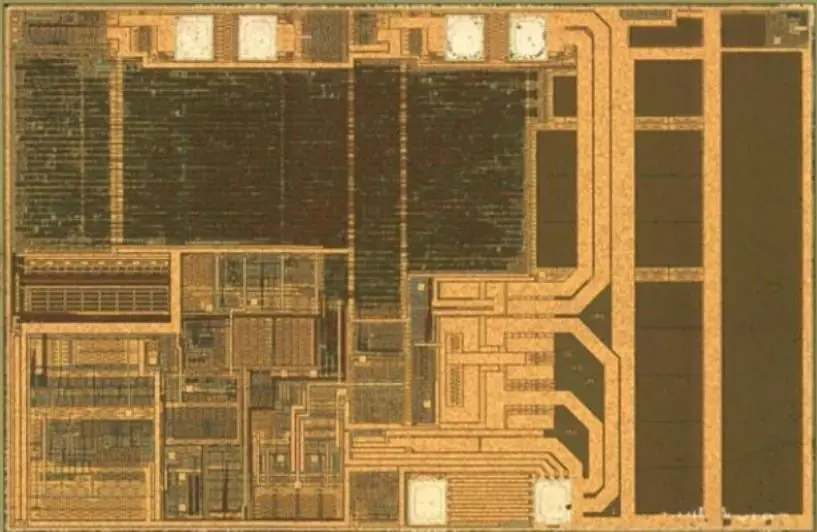Time:2024-09-06 Views:997
Those who have played around with mobile phones for a while may still remember that back in the days of the 30-pin "big flat head", Apple's data cables were not so expensive. This situation occurred because the certification rules and codes of Apple's data cables were completely leaked by hackers at the time, so counterfeit data cables were everywhere. This situation continued until 2012, when Apple launched a new 19-pin Lightning interface and a new MFi certification rule.

The so-called MFi is actually the abbreviation of "Made for iXXX". Data cables with these three letters represent that they have passed Apple's official certification mechanism and are officially recognized third-party data cables.

There are at least 4 chips at the Lightning connector of each MFi-certified data cable. The structures of three of the chips are relatively simple, but the fourth chip is very impressive:
This chip has more than 5,000 logic gates and built-in 128-bit storage capacity; it also has built-in drive transistors, a large number of capacitors and analog circuits. In other words, this is the foundation of a communication chip.

This chip is responsible for "exchanging secret codes" with Apple devices when charging to confirm whether it is an officially certified charging device. Once a problem is found in the device, the Apple device will immediately disconnect the charging and prompt "there is a problem with the charging device." It is this extremely difficult encryption chip that makes the production of Apple's MFi data cable much more difficult than ordinary data cables.
As for why such an encryption chip is added, Apple's explanation is mainly "ensuring safety" and "maintaining the user experience"; and with MFi, Apple can obtain a certain amount of income from data cables produced by third parties, which is also an important part of Apple's annual profit.